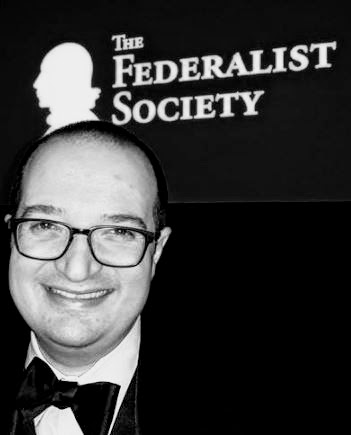Why a strong patent system is vital
Patent – Patently-O 2017-01-11
 Prof. Dolin on Patents and Russia in the Washington Times:
Prof. Dolin on Patents and Russia in the Washington Times:
Last month was the 25th anniversary of the dissolution of the Soviet Union, marking the end of the Cold War. Just a few years earlier, it seemed unfathomable that a world superpower would simply disband. And yet, the USSR was destined to lose its confrontation with the U.S. despite having more nuclear weapons, being first in space, having a larger army, and sitting on a much bigger cache of natural resources. The reason was the insurmountable American lead in innovation. . . .
The reason we out-innovated the USSR is rooted in the American system that treats inventions as any other property, subject to the full protection of the law. . . . [In the US,] the government doesn’t guarantee any return to the inventor. . . . [And] Inventors achieve commercial success either because their inventions are marketed directly to mass consumers or because they are adopted by various companies. Those inventors who do not find a market niche have to go back to the drawing board. This process ensures a constant stream of real innovation — one that benefits real consumers. . . . A strong patent system is vital to ensuring continued economic flourishing.
G.Dolin is correct in many ways. The major problem with his analysis is the way that he focuses solely on the patent system motivating individual inventors. Although such motivation exists, in the US and around the world, the patent system is primarily used by corporate entities with few inventors receiving substantial upside value of their inventions. Rather, as in Russia, invention is part of the job description of many engineers and those engineers usually receive only a token for their successes rather than a share of the resulting profits.